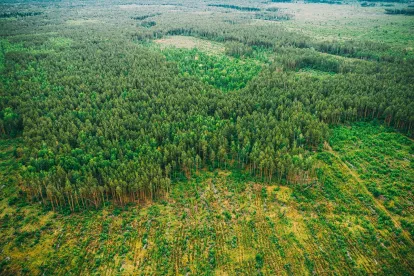Environmental group ClientEarth has filed a complaint against Cargill, one of the world’s largest soy and grain traders, over alleged deforestation and related human rights issues in Brazil. The complaint, which is not yet public, was filed with the Organization for Economic Cooperation and Development, pursuant to the Guidelines for Multinational Enterprises (OECD Guidelines). Under the OECD Guidelines, “companies are expected to conduct risk-based due diligence to identify, prevent and mitigate the actual and potential adverse environmental and human rights impacts of their operations.” The OECD Guidelines apply to all companies operating in countries that participate in the OECD, such as the U.S. and Brazil.
ClientEarth alleges five breaches of OECD Guidelines by Cargill, primarily relating to its alleged lack of due diligence into environmental-related issues arising from its soy exports and production.
ClientEarth requests that Cargill fully disclose its current due diligence policies and procedures, and adopt and implement additional due diligence policies and procedures in line with global standards, with respect to its soy operations in Brazil. Cargill’s website includes a sustainable soy policy and action plan, as well as a statement of commitment to “transforming our agricultural supply chains to be free of deforestation by 2030 ... It is founded on our belief that farming and forests can and must coexist.”
Taking The Temperature: We have written extensively on the growing numbers of ESG- and climate-related litigation in 2023. Indeed, we have previously discussed ClientEarth’s litigation in France against Danone over single-use plastics. This complaint against Cargill is yet another example of NGOs, individual civil plaintiffs, and enforcement authorities turning to legal process to address alleged greenwashing, including involving claims about adherence to articulated sustainability goals and commitments. Companies operating supply chains with deforestation and land use conversion risks should be proactive. Following the EU’s new deforestation law and lawmakers’ focus on curtailing deforestation in Brazil, companies should take care to ensure their global supply chains comply with local and global regulations, as well as any public statements regarding sustainability they have made.




 />i
/>i

